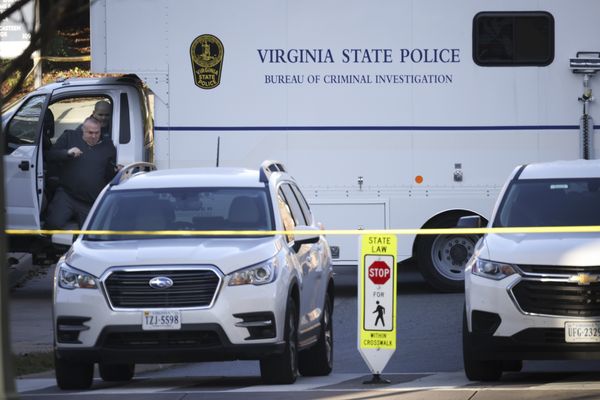
Three western Balkan states agreed to form a joint commission to help each other cope with the threat of energy and food shortages this winter due to ongoing crises amid the war in Ukraine, Serbia, Albania and North Macedonia said on Friday.
The western Balkans comprise Serbia, Albania, North Macedonia, Montenegro, Bosnia and Kosovo, all of which are aspiring to join the European Union.
All six countries are struggling to meet energy needs amid shortages due to the war in Ukraine.
At the Open Balkan initiative summit in Belgrade, Serbian President Aleksandar Vucic and the prime ministers of Albania and North Macedonia, Edi Rama and Dimitar Kovacevski, agreed to form a body that would help the three governments share surplus energy and food.
"Everything ours will be available to North Macedonia and Albania and vice versa," Vucic told a news conference.
Serbia almost entirely depends on imports of Russian gas and it generates around 70% of its electricity needs in its ageing coal-fired power plants.
North Macedonia relies on fossil fuels and hydropower, and is also dependent on electricity imports. Albania produces most of its electricity in hydropower plants.
Albanian Prime Minister Edi Rama said the three countries would ask the EU to help them weather out the winter.
"The best scenario for Albania would be a half a billion euros (in additional spending) for ... continuous electricity supplies," Rama said through an interpreter.
"I call on the EU not to repeat the shameful behaviour from the (COVID-19) pandemic, when western Balkan countries had to turn to China, Russia and Turkey," he said.
The Open Balkan regional initiative was formalised in 2019 when Serbia, Albania and North Macedonia agreed to create an economic zone of 12 million people and open borders for people and products.
(Reporting by Aleksandar Vasovic; Editing by Nick Macfie)







